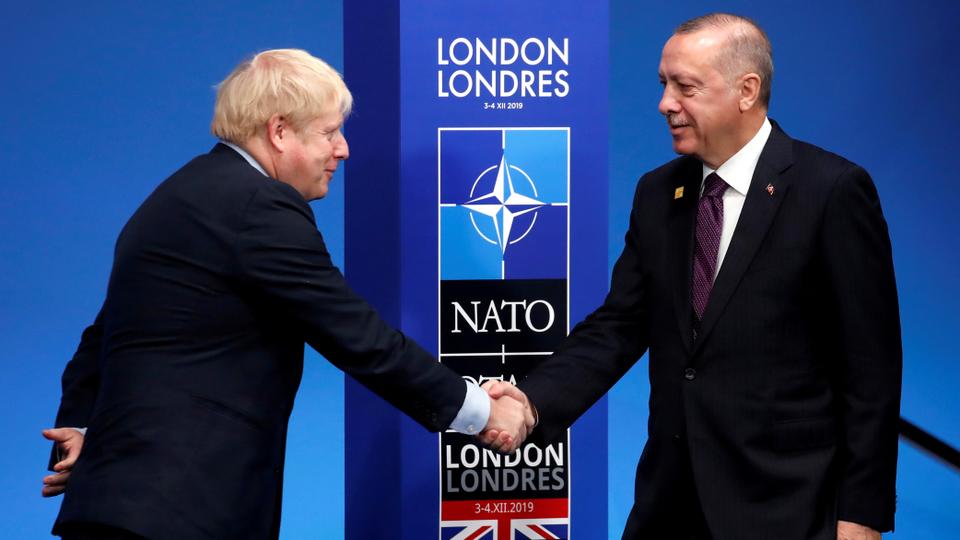The resumption of commerce between UK and Turkey after Brexit is a certainty, after the two countries signed a Free Trade Agreement (FTA) on December 29, 2020, during a video-conference between Elizabeth Mary Truss, UK’s Secretary of State for International Trade, and Ruhsar Pekcan,Turkey’s Minister for Trade.
As the UK left Customs Union and the EU’s trading arrangements on the 1st of January 2021, a deal between the two international actors, which kept the main EU-Turkey framework, was mandatory. Thereby, preferential tariffs ensure the flow of goods and supply chains in important sectors, such as automotive and manufacturing, which, for instance, involved 7.600 UK businesses that exported goods to Turkey in 2019. UK businesses exported more than £1bn worth of machinery, but also £575m worth of iron and steel to Turkey in 2019. In the same time, U.K. is Turkey’s second-largest trading partner after Germany.
The trade agreement has a particular importance for Ford and Ford Otosan business, giving that it represents more than 10% of the total trade volume between the two countries, with a significant number of employees in UK and Turkey.
Turkey’s trade minister highlighted the deal’s importance in the UK-Turkish relations: “Without a deal, about 75% of Turkish exports to the UK would be subject to tariffs, causing the loss of some $2.4bn (£1.78bn); this risk is now gone”. She also described the deal as the most significant trade pact for Turkey since the signing of a customs union agreement with the EU in 1995 and “a new and special milestone in the relationship between Turkey and United Kingdom”.
The deal went into effect on January 1, 2021, although by the end of 2020 it has not been ratified by the two countries’ parliaments. Despite the obvious benefits of concluding the agreement, Boris Johnson has been criticized for lack of parliamentary scrutiny and for rushing into the deal with a country that rises human rights concerns.



